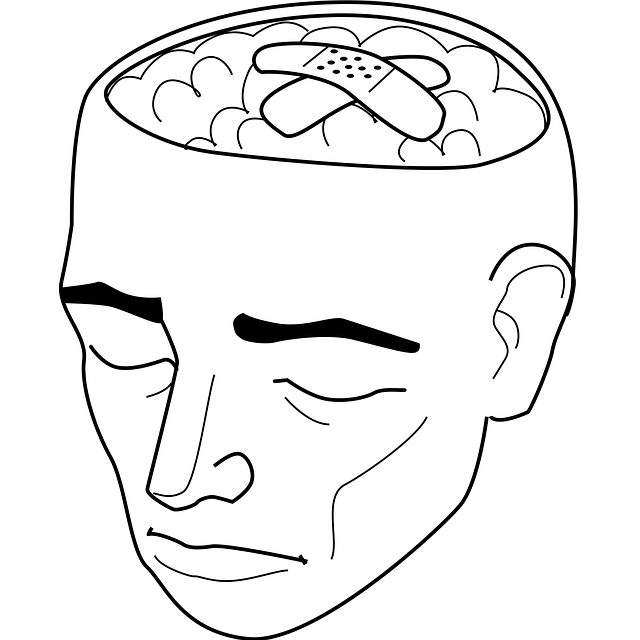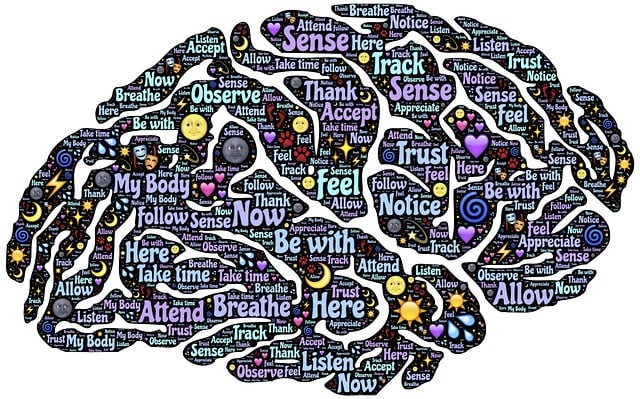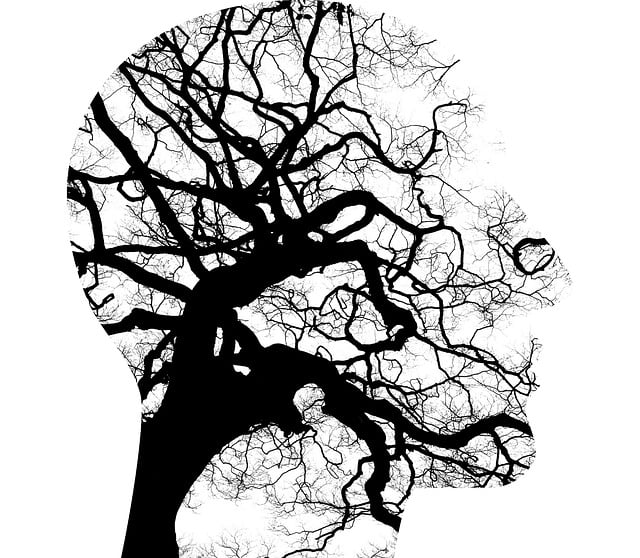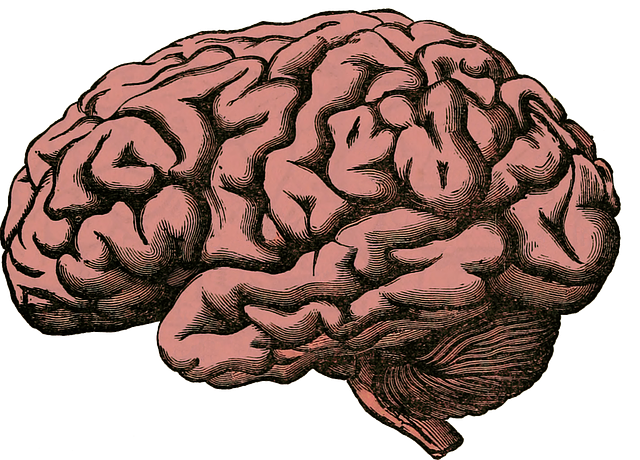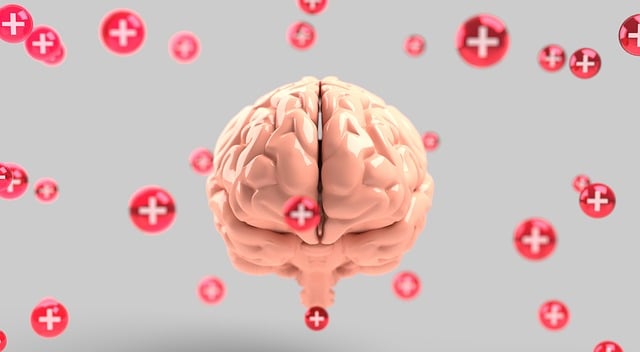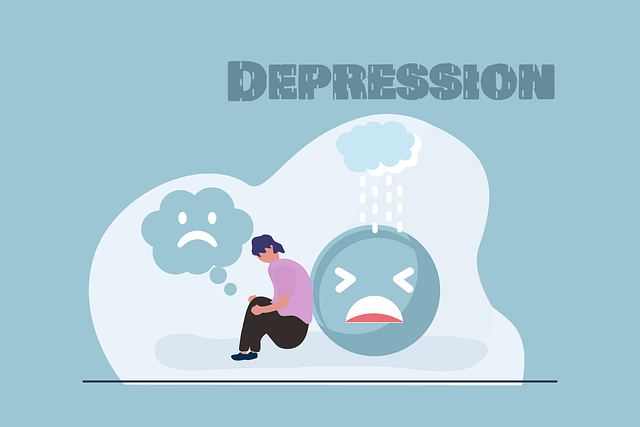Emotional intelligence (EI) is a critical component of supporting adolescent teens' mental health, especially those dealing with psychosis. Early recognition of subtle signs like academic decline or social withdrawal is key, leading to interventions that include therapy focused on positive thinking and emotional regulation. Culturally sensitive mental healthcare, combining medication with psychotherapy, tailors treatment to individual needs. Therapy, including cognitive-behavioral therapy (CBT), builds resilience through coping skills and peer support. Integrating creative outlets like journaling and podcasting enhances self-awareness. Early intervention strategies prevent psychosis by teaching emotion management and fostering a sense of belonging, ultimately promoting holistic teen mental wellness.
Emotional intelligence (EI) is a vital component of adolescent mental health, acting as a protective shield against emerging psychosis. This article delves into the intricacies of EI development in teenage minds, exploring key strategies and preventative measures. We examine the role of therapy in nurturing emotional awareness and offer insights on recognizing signs of psychosis early. By understanding these aspects, parents and caregivers can equip adolescents with resilience, fostering better mental well-being and potentially averting severe conditions like psychosis.
- Understanding Emotional Intelligence: A Key to Teen Mental Health
- Recognizing the Signs: Identifying Psychosis in Adolescents
- The Role of Therapy: Nurturing Emotional Awareness in Teens
- Strategies for Building Emotional Intelligence in a Teenage Mind
- Preventative Measures: Equipping Adolescents with Resilience Against Psychosis
Understanding Emotional Intelligence: A Key to Teen Mental Health

Emotional intelligence (EI) is a vital component in understanding and supporting the mental health of adolescent teens. It refers to an individual’s ability to recognize, manage, and effectively utilize their own emotions, as well as understand and empathize with others’ feelings. For teens grappling with psychosis or other mental health challenges, developing EI can be transformative.
By fostering positive thinking and promoting strong emotional regulation skills through therapy for adolescent teens, mental wellness becomes more attainable. Risk management planning for mental health professionals plays a crucial role in this process by providing tools to help teens navigate their emotions, build coping strategies, and enhance their overall resilience. This, in turn, can reduce the impact of psychotic episodes and promote healthier development during these formative years.
Recognizing the Signs: Identifying Psychosis in Adolescents

Psychosis, often a sign of underlying mental health struggles, can manifest differently in adolescents compared to adults. Recognizing the subtle signs is crucial for early intervention, which can significantly impact outcomes and overall well-being. Adolescent teens may experience hallucinations or delusions, but they might also exhibit more subtle changes. For instance, a sudden drop in academic performance, social withdrawal, or unusual behavior could indicate something more profound. These teenagers may struggle to differentiate between reality and their psychotic experiences, leading to confusion and potential self-harm.
Mental health awareness is essential for parents, educators, and peers to understand these signs and initiate conversations about therapy for adolescent teens with psychosis. Early evaluation by mental health professionals can lead to tailored treatment plans that often include a combination of medication and psychotherapy. Building inner strength through developmentally appropriate therapeutic approaches not only helps in managing symptoms but also fosters cultural sensitivity in mental healthcare practice, ensuring every teen receives the support they need regardless of their background.
The Role of Therapy: Nurturing Emotional Awareness in Teens

Therapy plays a pivotal role in nurturing emotional awareness among adolescent teens. Through structured sessions with trained professionals, teens learn to identify and understand their emotions, a crucial step in developing emotional intelligence. Therapy for adolescent teens goes beyond addressing symptoms of psychosis; it’s about equipping them with tools to navigate complex feelings and build resilience.
Mental wellness journaling exercises and the production of mental wellness podcast series can be integral parts of this process. These activities encourage teens to reflect on their experiences, express their emotions in a creative outlet, and share their journeys, fostering both self-awareness and empathy in others. By combining traditional therapy with these engaging guidance methods, adolescents can enhance their emotional literacy, paving the way for improved mental wellness.
Strategies for Building Emotional Intelligence in a Teenage Mind

Building emotional intelligence (EI) is a crucial process for teenage minds, offering them valuable tools to navigate the complexities of adolescence and beyond. Adolescents, often grappling with intense emotions and life transitions, can greatly benefit from developing EI skills. One effective strategy is integrating therapy into their lives, particularly cognitive-behavioral therapy, which has shown success in treating mental health issues like psychosis among teens. This therapeutic approach equips them with coping skills development, enabling them to manage stress more effectively.
Additionally, peer support groups and mentorship programs can foster a sense of belonging and understanding, reducing the mental illness stigma that often accompanies adolescence. Through open discussions and shared experiences, teens learn to recognize and express their emotions healthily. Combining these strategies with ongoing education on mental wellness promotes holistic development, empowering teenage minds to build resilience and navigate future challenges with enhanced emotional intelligence.
Preventative Measures: Equipping Adolescents with Resilience Against Psychosis

Early intervention is key when it comes to preventing psychosis in adolescents, as early symptoms can often be subtle and easily overlooked. By equipping teens with effective tools for emotional regulation and mental wellness, we can foster resilience against psychotic disorders. This involves not only addressing any existing mental health concerns but also teaching them compassion cultivation practices to enhance their ability to cope with stress and navigate difficult emotions.
Therapy for adolescent teens affected by psychosis should focus on building these skills through evidence-based approaches tailored to their needs. By investing in these preventative measures, we can empower young individuals to recognize early warning signs, seek help proactively, and develop the emotional intelligence necessary for maintaining mental wellness over time.
Emotional intelligence is a powerful tool for navigating adolescence and preventing mental health challenges, particularly psychosis. By understanding and recognizing emotional cues, adolescents can develop resilience and seek appropriate support, such as therapy for adolescent teens with psychosis. Integrating strategies to build emotional intelligence into daily life fosters a healthier, more balanced teenage experience. Equiping young minds with these skills is essential for their overall well-being and can significantly contribute to their success in managing emotions and navigating life’s complexities.
